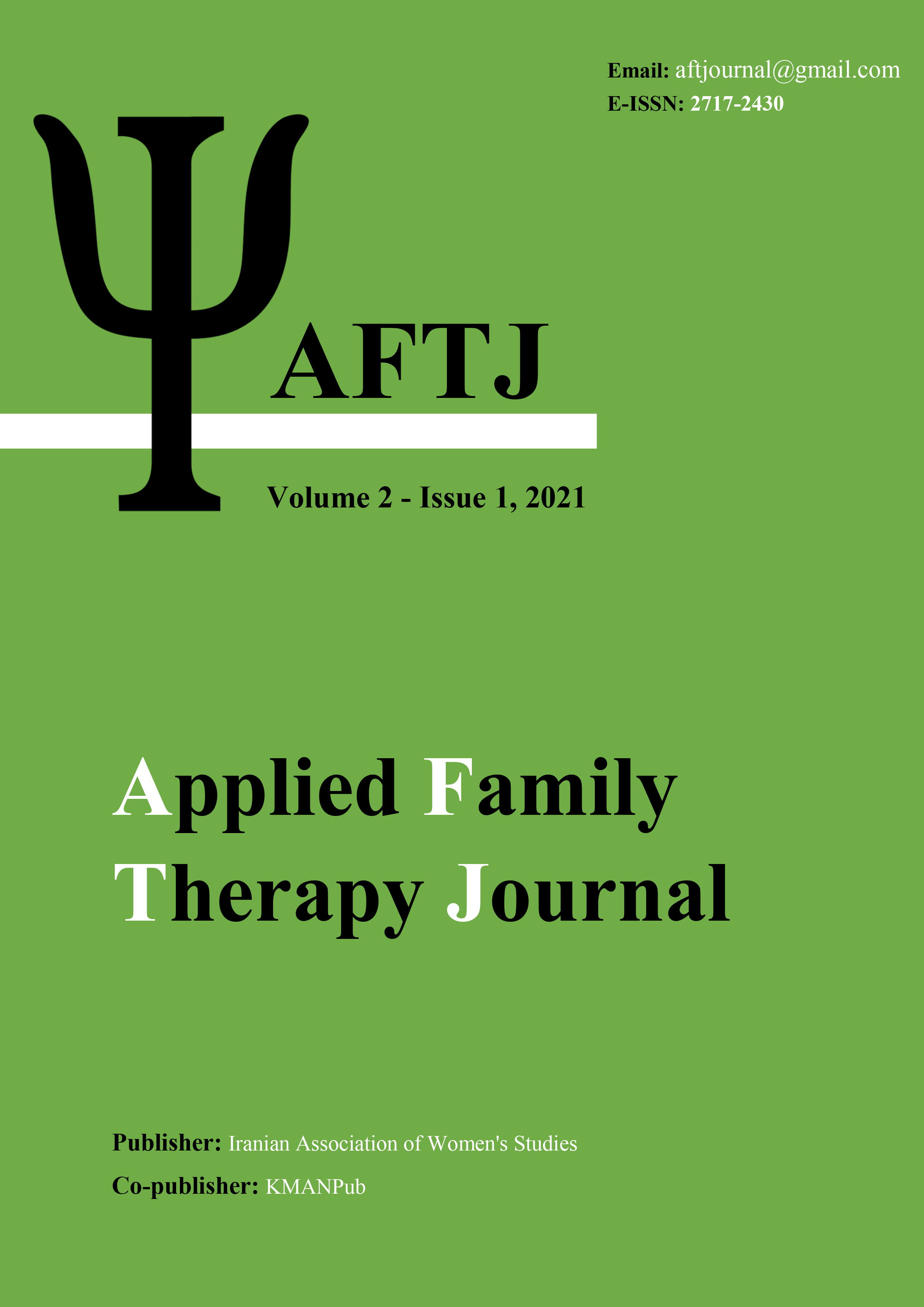A Study on the Structural Relationship between Psychological Capital and Mental Toughness: Mediating Role of Ambiguity Tolerance with Happiness
Keywords:
Mental toughness; Ambiguity tolerance; Happiness; Psychological capitalAbstract
Aim: The present study aimed to explain the structural relationship between psychological capital and mental toughness and the mediating role of ambiguity tolerance with happiness. Methods: The study had a correlational design, and its statistical population consisted of students of Tehran Azad University, Research Sciences Branch in the academic year of 2020-2021. Among whom, 380 male and female students were randomly selected and responded to the Oxford Happiness Inventory (OHI) by Argyle et al. (1987), Psychological Capital Questionnaire (PCQ) by Luthans and Avolio (2007), Mental Toughness Questionnaire by Clough et al. (2002), and Ambiguity Tolerance Scale by Baher and Dagas (2002). Data were analyzed using correlation coefficients, and path analysis with SPSS and AMOS. Results: The results of the Pearson correlation test indicated that there was a significant positive relationship between components of psychological capital (resilience, optimism, hope, and self-efficacy), components of mental toughness (commitment, struggle, restraint, and trust), and ambiguity tolerance with students' happiness (P=0.01). The results of the modeling test indicated that the happiness model was fitted based on psychological capital and mental toughness with an emphasis on the mediating role of ambiguity tolerance. Ambiguity tolerance played a mediating role in the relationship between psychological capital and mental toughness with students' happiness (P=0.01). Based on the modeling results, psychological capital and mental toughness (β= 0.43) could explain 43% of the variance of students' ambiguity tolerance. Furthermore, psychological capital, mental toughness, and ambiguity tolerance (β=0.52) could explain 52% of the variance of students' happiness. Conclusion: The research results indicated that the level of students' happiness can increase based on positive psychology, and personality traits such as psychological capital and mental toughness, as well as improving appropriate environmental perception by strengthening students' ambiguity tolerance, and taking effective measures towards strengthening happiness and quality of life of students and people in society that are essential due to conditions imposed by the COVID-19 epidemic.
Downloads
Downloads
Published
Issue
Section
License

This work is licensed under a Creative Commons Attribution-NonCommercial 4.0 International License.





















